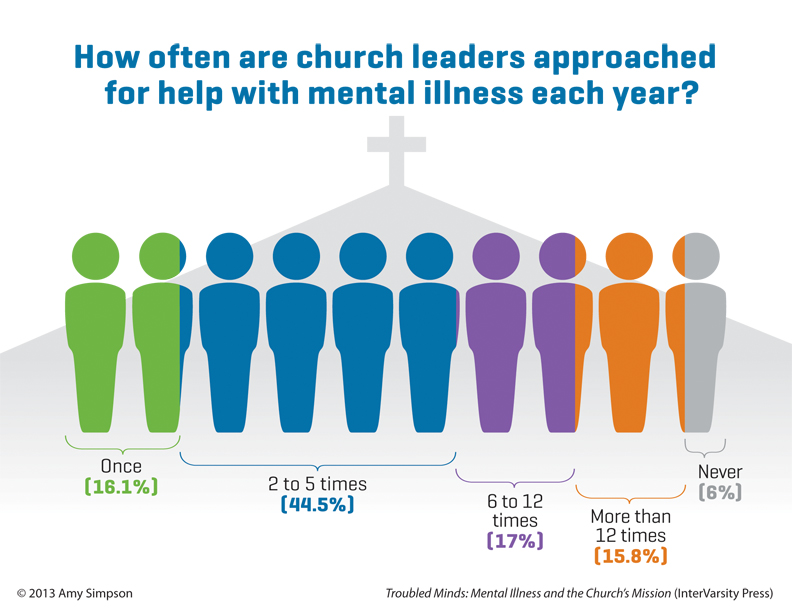Exploring The Significant Background And Continuous Impacts Of Catholic Schools All Over The World
Exploring The Significant Background And Continuous Impacts Of Catholic Schools All Over The World
Blog Article
Authored By-Carr Nolan
When you think about the history of education and learning, Catholic institutions stick out for their deep-rooted traditions and lasting impact. These institutions began as a way to instill confidence and worths, but they've adapted extremely over centuries. Today, they play an important duty fit not just academic success yet also moral integrity. What's interesting is how they've managed to thrive among changing social landscapes, questioning about their future relevance and effect.
The Origins of Catholic Education: A Historic Perspective
Catholic education and learning traces its origins back over 1,500 years, when very early Christian areas recognized the requirement for structured understanding. You'll locate that these areas aimed to pass on their belief and worths via education.
Monasteries and cathedral schools became facilities of understanding, supporting both spiritual and intellectual development. As you delve much deeper, you'll see that the curriculum typically consisted of philosophy, theology, and the liberal arts, created to form versatile people.
In time, the Church established a lot more formal organizations, making certain that education remained available to all. The dedication to mentor ethical worths and fostering a sense of community has lingered through the centuries, shaping the educational landscape and influencing plenty of lives worldwide.
This long-lasting heritage remains to inspire Catholic education today.
The Evolution of Catholic Institutions Through Social Contexts
As societies advanced, so did the function of Catholic schools, adjusting to the social contexts in which they existed. In the very early years, these establishments focused mainly on spiritual direction, but as communities diversified, they began to integrate neighborhood languages, customizeds, and academic demands.
https://zenwriting.net/epifania76beulah/the-future-of-catholic-education-and-learning-changing-to-challenge-present 'd notice that Catholic institutions commonly ended up being centers for social communication, fostering a sense of belonging among trainees from various backgrounds. In many areas, they attended to societal issues, such as destitution and discrimination, by giving accessible education and learning for all.
As you check out different societies, you'll see how Catholic schools have moved their curricula and training methods, mirroring the values and challenges of their atmospheres while remaining true to their fundamental objective of confidence and scholastic excellence.
The Modern Function and Impact of Catholic Schools in Culture
In today's world, Catholic colleges play a crucial function fit not simply the academic landscape, but also the wider neighborhood.
You'll discover that these organizations highlight values like regard, compassion, and social justice, cultivating well-shaped people that add favorably to culture. By focusing on scholastic excellence and moral advancement, Catholic schools prepare pupils for future challenges, nurturing crucial reasoning and management skills.
https://blogfreely.net/deloras75jamar/enhancing-the-whole-child-belief-intellect-and-emotion-in-catholic-schools offer diverse populaces, linking gaps in access to top quality education and learning. Furthermore, you might notice their dedication to solution, encouraging pupils to participate in community outreach and volunteer work.
Recommended Looking at of education and learning and moral advice makes Catholic schools a considerable pressure, growing responsible citizens who can affect their neighborhoods for the better.
Conclusion
Finally, Catholic colleges have a rich background that's shaped their enduring effect on culture. You've seen how they have actually adjusted to different social contexts while maintaining a dedication to belief, worths, and scholastic quality. Today, they continue to play a crucial duty in promoting neighborhood, advertising social justice, and nurturing liable people. As you assess their legacy, it's clear that Catholic schools remain a powerful pressure for positive change in the world.
